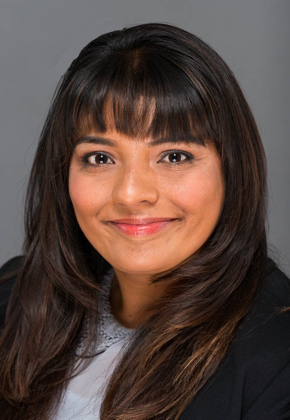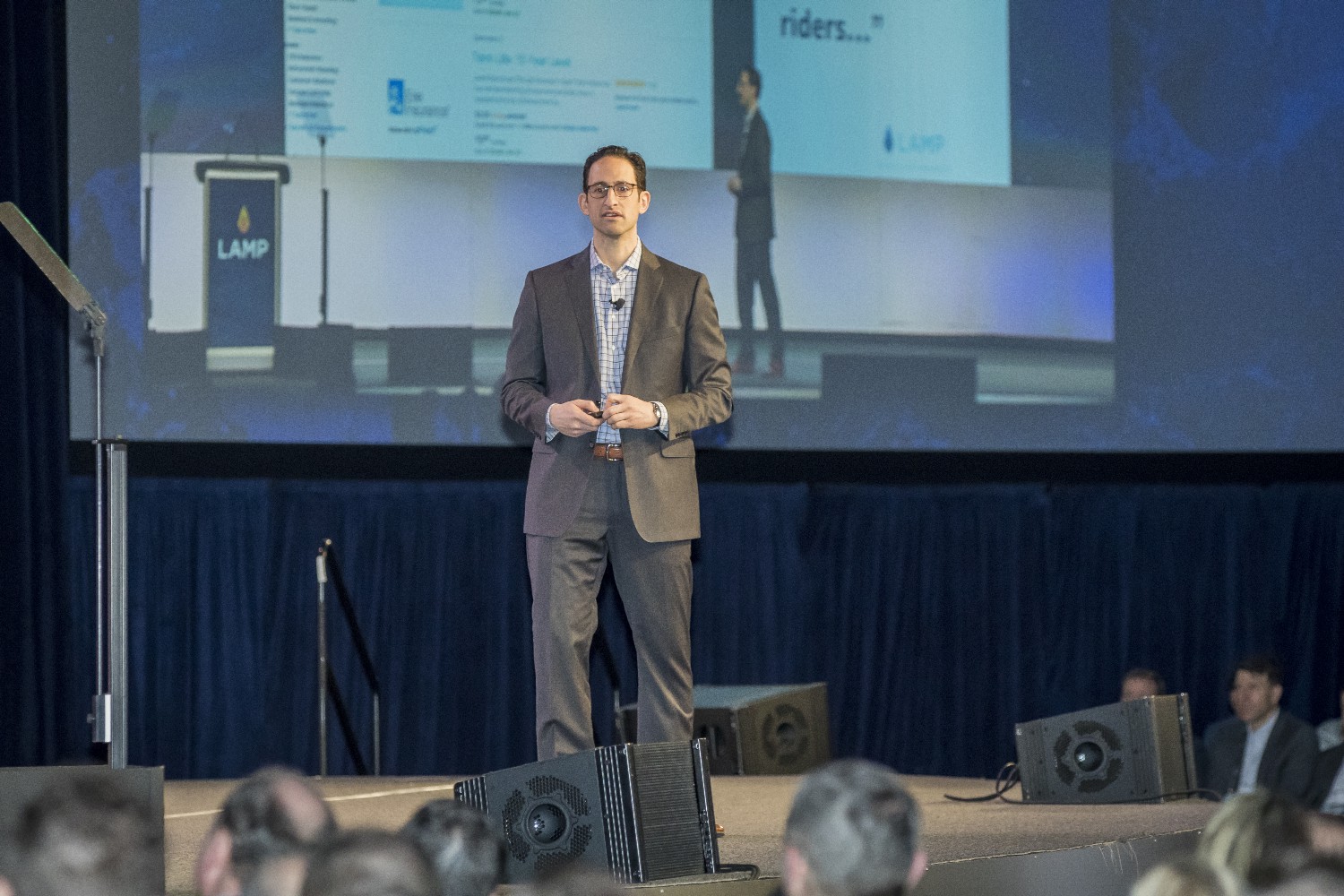I had the pleasure of interviewing H. Adam Holt, Founder /CEO of Asset-Map. Asset-Map Platform is one of the fastest growing processes adopted by modern financial professionals. Successfully enabling professionals to visually facilitate a meaningful financial conversation with customers in both traditional and digital media, Adam has served as the creative visionary behind Asset-Map and its corresponding technologies- impacting tens of thousands of households world-wide and cataloging over $250 billion in financial instruments.
Thank you so much for doing this with us! What is your “backstory”?
I like to think of myself as an artist who likes to teach. That may sound strange, but the more I reflect on the past 25 years of my career, the more it feels right. Although I pursued land-use planning and economics at Rutgers, I found that my strength was in design and presentation. I learned very early on that clear communication of concepts visually was critical to compelling action.
Using my background in design and mind-mapping, I started building relationship diagrams of the current facts of their households, starting with the people and entities, and then including all their financial instruments and decisions to ensure we were on the same page. We built financial structure diagrams and organized them by ownership and control. It took years to come up with a framework that would be effective in any household level of complexity. But after a time, the diagram, which I named Asset-Map, became a necessity for our team to quickly get up to speed on the client household dynamics.
Throughout the years, clients saw their Asset-Map and started requesting it over all the other work product we were creating. Other professionals, including legal and tax advisors, started commenting that they wanted to see their clients’ Asset-Map as well. Our collaborations on ways we could bring value to the households and think of new ideas all revolved around reimagining the Asset-Map and, when we instituted it in our financial services practice for everyone, we grew the business 300% for each of the next three years.
By 2013, with 300 advisors across the country using Asset-Map, we decided to rebuild the tech and team from the ground up using everything we learned in the last eight years. Asset-Map has continued to make an impact in the financial advice space and, without marketing efforts, has grown to over 3,000 advisors globally. Now Asset-Map is integrated with five of the industry leading fintech solutions and is slated to double that within the year, making Asset-Map one of the fastest growing entrants into the advisor fintech space.
Can you share what you believe will be the “Top 5 Fintech and Banking Trends Over The Next 3 Years”
With respect to financial advice and advocacy, where I spend most of my time, the next three years will see the following trends:
The rebirth of the tech-enabled human financial advisor. CB Insights recently reported that venture funds have poured nearly $5B of capital into disruptive Fintech in the first quarter of 2018 alone. The entrance of robo-advisors (direct to consumer financial technology), and regulation (DOL Fiduciary Standard), forced a scramble in new capability building and acquisition that is about to reap efficiency rewards in the space. There are three macro factors that are going to influence this massive change in advice delivery.
The Baby Boomer population controls a majority of the financial assets in the US (projected at $68 trillion), and in retirement are likely to turn to the human advisor to help them make good financial decisions that they can’t afford to “do over”. These consumers of advice will be looking for financial advocates that can work with them for the next 20 years throughout their own retirement. At the same time, the average age of financial advisors is nearing 60 and looking to transition out of their practice. Ironically, because of two back-to-back recessions in the 2000s, there is a huge gap of advisors in their 40s that have experience and longevity in financial services. It is perfect timing for the entrance of technology solutions to deliver advice, and the lack of X-Gen advisors means that we will likely see the next generation of Millennial advisors come into their own in the next five years. So while technology solutions will get better, the demand for human advisors will grow simply given the demographic expectations and the mismatch in age profiles for advisors.
It seems like the last few years every tech solution is seeking to create the ultimate dashboard of information summarized in a beautiful screen that is supposed to the be the panacea of data insight. Dashboard creation is one of those common data summaries that everyone seeks initially to simply understand quickly what is going on in their metrics. In fact after looking at a dashboard to understand the state of data, the next obvious question is “why?” is the performance what it is. That leaves dashboards flat and advisors looking back toward the complex data for answers. It turns out that ongoing business or financial decisions need continuous data insight of only a few Key Performance Indicators (KPIs), and a constant view of the current state of related data behind the KPIs which is the ability to see the contextual relationship of financial decisions
Grandparents Skype and Facetime their grandkids from their tablets and PCs with relative ease today, and it’s the final validation that financial advice will move predominantly to virtual experiences over face-to-face meetings.
I think we are moving into a new age of personal financial empowerment and financial inclusion. Dropping costs and minimums, as scale efficiencies are achieved, will disrupt the financial service provider’s status quo. This is empowering new participants through access that will bring billions of new dollars and their democratized voice to the table unlike ever before in our history.
The consumer is starting to realize that they don’t own their own data. With heightened concerns and awareness over data integrity and use, there will be a significant shift to what we call the “data ownership revolution.” The next generation of data-driven financial management portals will be owned by the consumer and they will share it with the advisors, professionals and family members that they authorize. This will push financial services companies and providers into a narrower role in adding contextual advice value as data transparency and value delivery can’t rely on advisor provided platform stickiness.
Can you please give us your favorite “Life Lesson Quote”?
I came across this at the Philadelphia Art Museum during a visit with my daughter, and although I never thought to quote Van Gogh for life lessons, this struck a chord with me. The raw honesty in his purpose to contribute gratefully and selflessly made a lot of sense as a startup CEO.
“I do not intend to spare myself, not to avoid emotions or difficulties. I don’t care much whether I live a longer or shorter time… the world concerns me only in so far as I feel a certain debt toward it, because I have walked on this earth for thirty years, and out of gratitude I want to leave some souvenir.” -Vincent Van Gogh
If you could inspire a movement that would bring the most amount of good to the most amount of people, what would that be? You never know what your idea can trigger. 🙂
I am most interested in financial advocacy and we are building a framework for that in financial wellness. I’ve always remarked how the education system in our country somehow left out one of the most important aspects of our life’s journey: financial empowerment. An under-saved, over-debted, under-insured, tax-ignorant society is the result, and I think we have the opportunity to work with the financial services industry and elevate the condition of all members of our community through access and education.
For more info on Fintech and Regtech Advisory click here
Originally published at medium.com


